The best trading lessons can come from unlikely places — like a chess move called the Queen’s Gambit. Stock market strategies aren’t so different from chess.
Let me explain…
If you want to become a successful trader, there are important ways you can spend your time…
Like watching my video lessons, DVDs, and my 1,400+ YouTube videos. Or you could read my blogs, study watchlists, and review trade commentary. Those are smart ways to prepare for any kind of market.
But sometimes things outside of trading can help you grasp trading concepts and give you a new perspective. Maybe it’s a movie about shady promoters and stock schemes … or a game you wouldn’t normally associate with trading — like chess.
OK, you might be thinking I’ve finally lost it…
But there are actually a ton of similarities, so hear me out as I dive into some Queen’s Gambit stock market lessons.
Table of Contents
What’s the Queen’s Gambit?
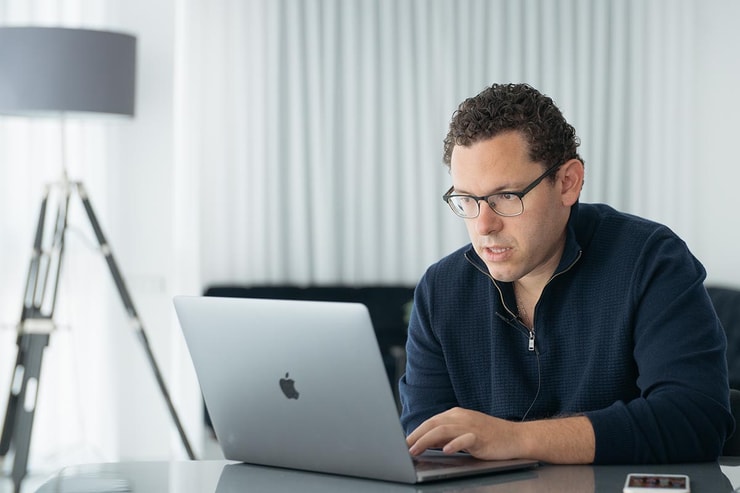
I’m sure you’ve heard of the Queen’s Gambit chess move, but in case you haven’t…
The Queen’s Gambit is a popular opening move in chess. It’s an offensive move that puts your opponent on the defense — they can either accept the move or decline it.
Every decision and move each player makes changes the possibilities of moves to follow…
What does all this have to do with trading? It’s about strategy and mindset…
New to penny stocks? Get my no-cost guide to get started here.
A Queen’s Gambit Stock Market Lesson: Learning From a Chess Move
Both chess and trading require a plan and the ability to execute.
How can you use the Queen’s Gambit in the stock market? The opening move is like your stock entry … It’s how you approach the trade…
Are you aggressive, going for home runs, and throwing risk out the window? Or do you trade conservatively, go for singles, and cut losses quickly?
Trading and chess aren’t about random moves … They’re about having a plan, a strategy, and the right mindset.
You also have to react and adapt.
In chess, you react to your opponent’s move. And in trading, you react to price action. Depending on the price action, you can exit your position, scale down, or add to a winner.
In trading, it’s not you against another player or trader, it’s you vs. you … And to be one of the great ones, you have to put in more work than anyone else, because…
It’s Not About Having a Natural Gift
It doesn’t matter if you’re a chess player or a trader: having a natural gift for something doesn’t necessarily mean you’ll be set up for success.
Everyone will go through challenges … Will you give up when things get tough, or will you push through?
Sadly, most people give up. They just don’t have what it takes to stick with it.
Even if you do have a gift, you have to be completely dedicated to studying and honing your skills…
It’s true for all of my top students — they had to study their butts off to get where they are.
But having a trading mentor can help greatly speed up your learning curve.
And many of my top students have become better traders than me … Having the right mindset and a mentor can mean the student becomes the master…
Learn From the Greats
Top chess players know all the chess moves and strategies, just like great traders know their patterns and their ideal entries and exits.
That’s why learning from masters of the craft is so important.
In the stock market, whether you’re a trader or an investor, you should be studying and learning from those who have found success.
If you’re in my Trading Challenge, study the webinars, video lessons, and successful trades … If you’re not in my Trading Challenge, apply now!
Learn from me and my top students whom I’ve hired to help me teach and mentor others— Tim Grittani, Roland Wolf, Mark Croock, and Matthew Monaco. We show all our trades on Profit.ly to help you learn.
Not so you can copy and follow trades or alerts — so you can learn the process and improve your trading psychology…
Take bits and pieces from successful traders and develop your own style and process that makes sense to you.
Join my 30-Day Bootcamp to start building your education foundation the right way.
It’s a month’s worth of lessons with daily assignments and homework. You can work at your own pace and repeat it as much as you want. Bonus: It comes with “The Complete Penny Stock Course” book and my “Pennystocking Framework” DVD. You get all three resources for under $100!
More Breaking News
- Redfin’s ChatGPT Integration Enhances Home Search, Boosts Rocket Companies’ Market Presence
- Valterra Platinum Strengthens Position with Impressive Earnings Surge
- Denison Mines Stock Surge Amid Strategic Developments
- Dingdong Sells China Operations to Meituan Subsidiary, Retains Global Presence
You Have to Want It Bad Enough
To be at the top of your game, in chess or in trading, it takes a ton of studying and dedication — almost to the point of obsession.
You have to study every chance you get…
Back in high school, I’d skip classes to study and watch stock news and reactions … I’d post charts of my favorite trades and setups on my walls. It helped me learn to recognize the patterns.
Don’t just try to memorize them. Instead, try to learn and understand how the market works and how patterns are created.
Learn which stocks and sectors are moving. Back then, it was Y2K stocks, internet stocks, and biotech stocks running.
Now, there are a ton of hot sectors — crypto, marijuana, biotech, alternative energy, and electric vehicle stocks.
It’s not an exact science, but the path remains the same — if you truly want to be successful, you have to want it bad enough. At the same time, you have to be careful with your obsession. It’s tough to be successful.
Sure, it sounds like it’s gonna be great, if you’re focused on the money. But you have to think about the hard work that goes into it and…
Find a Balance
To find success in the markets, you have to be obsessed with learning and even a bit competitive … It can all take a toll on your social life, not to mention your mental health and your physical health.
One of my top students, Jack Kellogg is always joking about how he’ll outwork me. But I warned him about getting sick…
And he did. In December 2020, he got sick with mono and strep throat, but he still managed to make $801,716 for the month.*
You have to be careful and find a balance between an obsession for knowledge and taking care of yourself.
(*Note that these results aren’t typical. My students and I put in the time and dedication and have exceptional skills and knowledge. Most traders lose money. Always remember trading is risky … never risk more than you can afford.)
Avoid Distractions
Along your journey, you’ll have many distractions. It’s your job to learn how to handle them.
You might not see them as distractions in the beginning. It could be friends, parents, or other new traders who take an interest in your success and money…
And it’s easy to get distracted by the money, the fun, trips and adventures, and luxury items … But you have to find a way to weed them out and stay focused on your goals.
You’re not going to have a social life — it’s gonna suck for a while. The hardest part of learning to trade is definitely in the beginning.
Remember that it’s a marathon, not a sprint. If you want to be in the game long term, you have to put in the work today, this week, this month, and this year.
How Can Queen’s Gambit Stock Market Lessons Improve Your Trading Mindset?
You have to decide what kind of trader you’re gonna be … Are you gonna be a gunslinger and approach trades aggressively, like a chess player with the Queen’s Gambit move?
Or are you gonna focus on the process, learning the nuances of the market, and trading conservatively for small gains over time?
As you learn, you’ll realize there are times to be more aggressive, and other times you have to control your addiction and avoid overtrading.
In both chess and trading, it’s your ability to react and adapt that will determine your success.
Gunslingers go bust — especially if the market shifts.
The 2020 market was insane! There were so many opportunities. I even had my best year ever, with over $1.1 million in trading profits.*
(*Please note: My results are not typical. I’ve spent years developing exceptional skills and knowledge. Always remember trading is risky. Never risk more than you can afford.)
But the market can change FAST. And if you don’t adapt when it does, you’ll perish. Only you can decide the kind of trader you’ll be and the best strategy that works for you.
Apply For My Trading Challenge
If you want to learn what it takes to learn the nuances of the market and get a full trading education from a teacher that’s been trading for over 20 years, apply for my Trading Challenge.
It’s where all my most successful students started.
I trade with a small account, like most of my students. That way I can show you how you can grow your account over time. I do weekly live trading and Q&A webinars, share my watchlists and trades, and add commentary in my Challenge chat room.
Being a teacher also helps me focus on the trading process and stick to my rules — because I want to show new traders how to trade the right way.
I also donate all my trading profits to charity, and it’s made me a better trader. I’m more disciplined because I want to give as much as I can.
Conclusion: Can the Queen’s Gambit Chess Move Really Improve Your Trading Mindset?
Hopefully, these lessons will help your trading mindset and give you a new perspective. There are a lot of similarities between chess and trading.
But in both, your success comes down to how bad you want it.
It takes a lot of time and dedication. Are you willing to do what it takes to become my next successful student?
It’s not just about doing it for the money — it’s about loving the game, the journey, the process, and the learning. Do it for the challenge of becoming a self-sufficient trader.
What do you think? Have you ever taken a Queen’s Gambit stock market approach? Let me know in the comments … I love to hear from you!
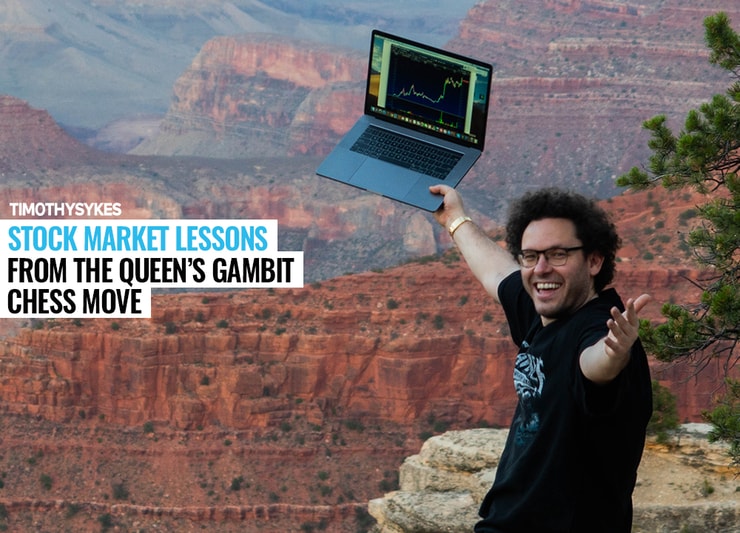
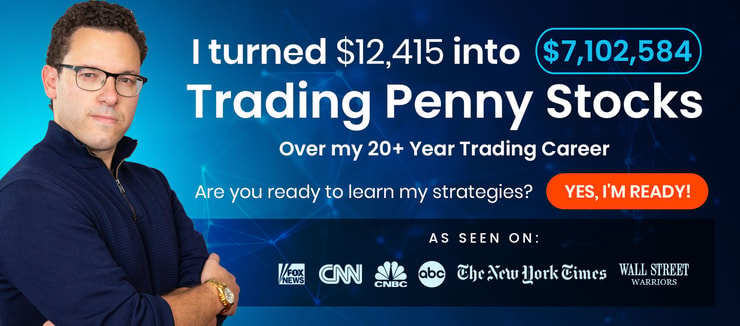

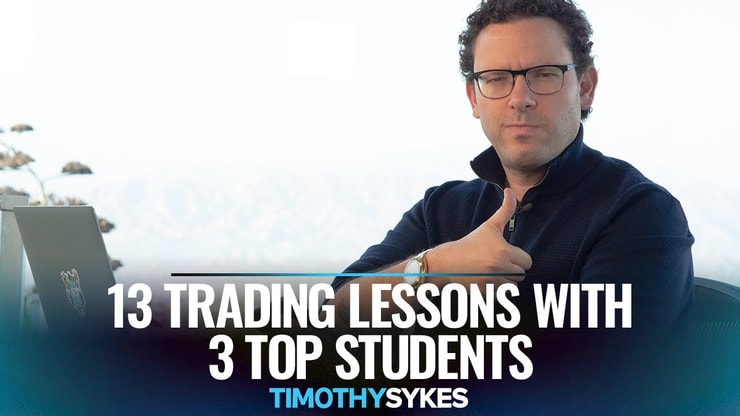
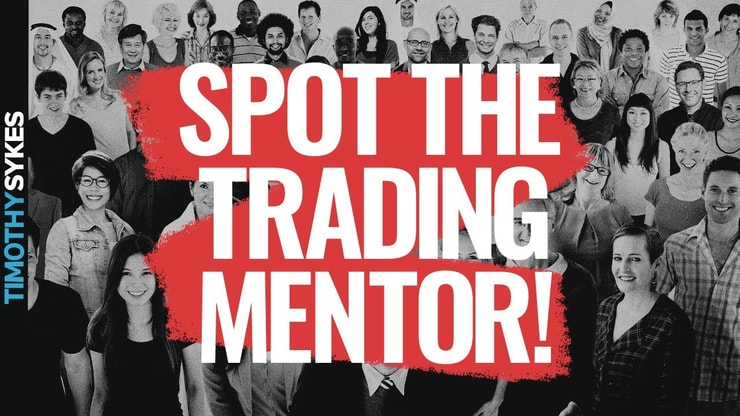

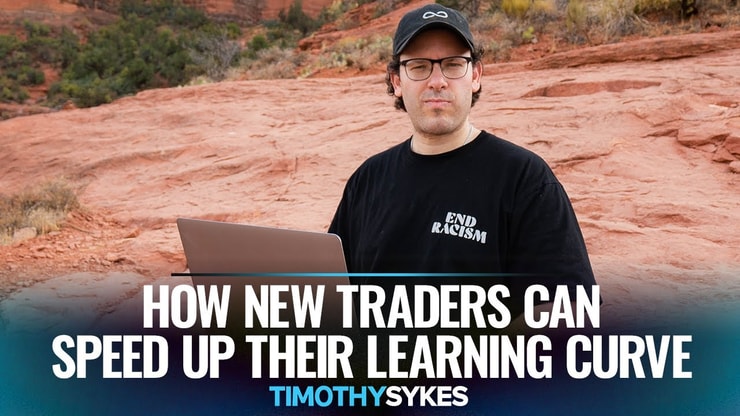


Leave a reply